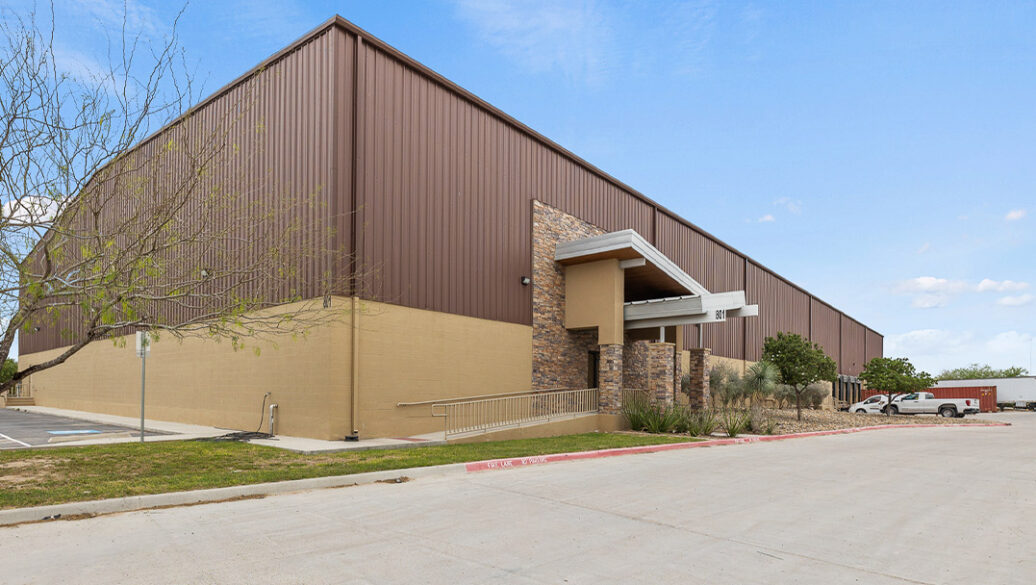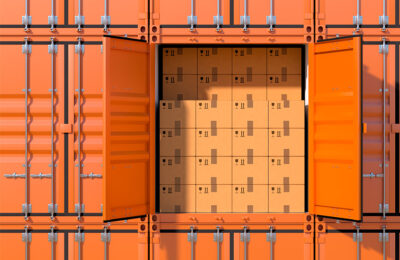Managing inventory and logistics is a critical challenge for many businesses. Whether you’re in manufacturing, retail, or e-commerce, efficient warehousing plays a crucial role in supply chain management. Enter contract warehousing—a game-changer for businesses looking for cost-effective, scalable, and efficient storage solutions. But what exactly is contract warehousing, and how can it benefit your business in McAllen and RGV area?
What is Contract Warehousing?
Contract warehousing is an arrangement in which a business partners with a third-party logistics provider (3PL) to store and manage inventory in a dedicated or shared facility. Unlike public warehousing, where space is rented on a short-term basis, contract warehousing involves a long-term agreement, often tailored to a business’s specific needs.
Contract warehousing falls between private and public warehousing in terms of flexibility and cost. Private warehousing requires significant capital investment and operational oversight, while public warehousing offers a pay-as-you-go model with less customization. Contract warehousing, on the other hand, provides a middle ground. Which operations characteristics are combined for contract warehousing? This approach offers customized storage solutions, value-added services, and expert inventory management without the high costs of owning a facility.
Key Features of Contract Warehousing and Distribution Services
- Dedicated storage space: Unlike public warehousing, contract warehousing offers businesses a dedicated section of a facility, ensuring secure and organized inventory management.
- Long-term agreements: These contracts provide stability and predictability, making planning and resource allocation more manageable.
- Customized services: Businesses can tailor warehousing services to fit specific needs, including temperature-controlled storage, custom packaging, and specialized handling.
- Scalability: Contract warehouses allow businesses to expand or contract storage capacity based on demand fluctuations, helping manage seasonal variations efficiently.
Benefits of Contract Warehousing
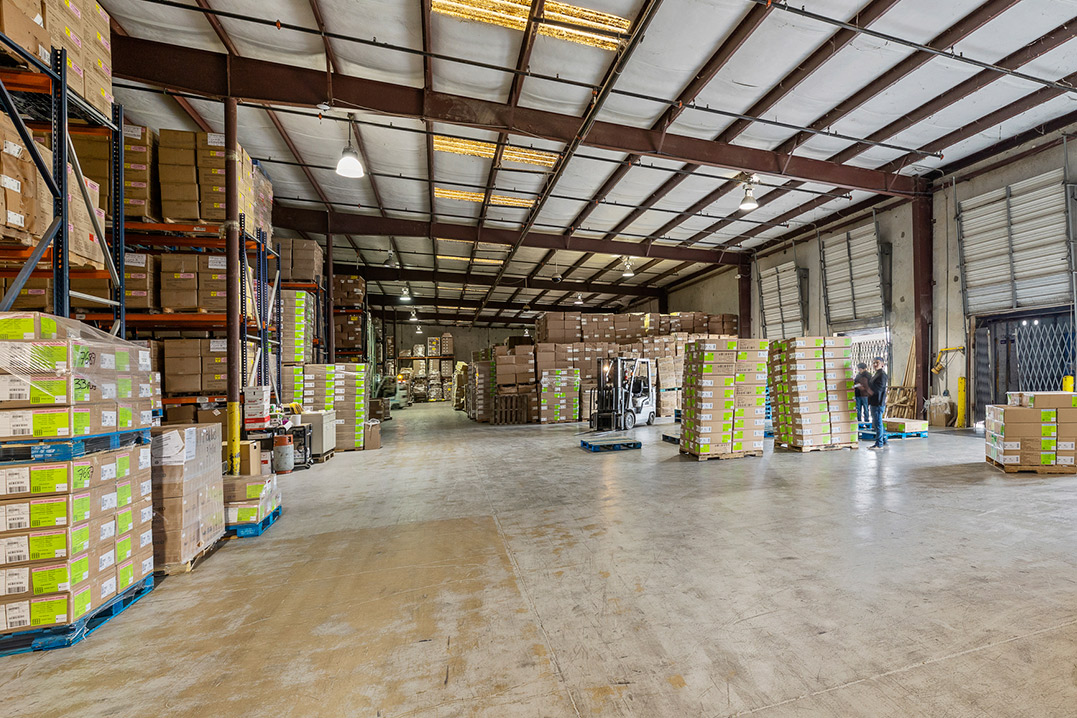
1. Cost Savings and Lower Capital Investment
Running a private warehouse requires heavy investment in real estate, equipment, technology, and staffing. Contract warehousing eliminates these upfront costs and allows businesses to allocate resources to core activities like product development and marketing.
2. Operational Efficiency and Expert Management
Contract warehouses employ industry experts who manage logistics operations using best practices and advanced technology. From real-time inventory tracking to streamlined order fulfillment, these warehouses enhance efficiency and accuracy.
3. Scalability and Flexibility
Businesses experience fluctuating demand—whether due to seasonal trends or market growth. Contract warehousing allows companies to scale up or down as needed. This ensures they never overpay for unused space or fall short during peak seasons.
4. Improved Supply Chain Performance
Efficient storage, handling, and distribution translate to faster order fulfillment, reduced transit times, and improved customer satisfaction. This is particularly crucial for e-commerce businesses where quick delivery is key to retaining customers.
Value-Added Services Offered by Contract Warehouses
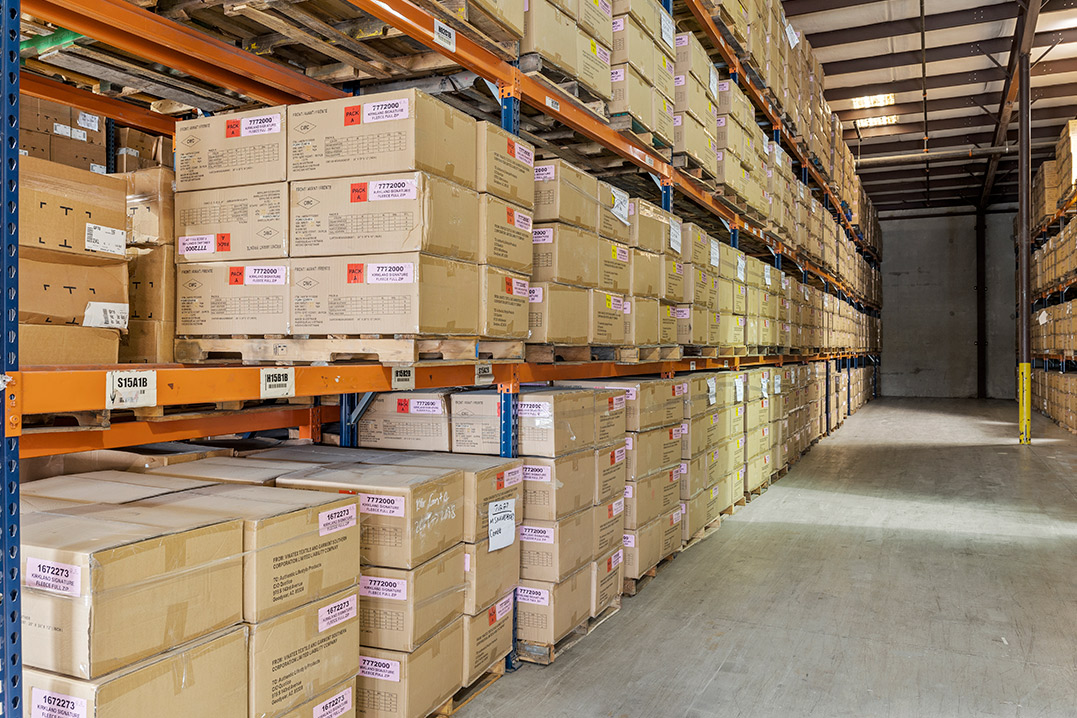
Contract warehousing isn’t just about storage. Many providers offer a range of additional services, including:
- Inventory management and real-time tracking: Sophisticated warehouse management systems (WMS) provide accurate stock visibility and automated restocking alerts.
- Order fulfillment and shipping coordination: Picking, packing, and shipping services ensure seamless delivery operations.
- Kitting and assembly: Businesses that require product bundling or custom packaging can leverage contract warehouses for these specialized services.
- Returns Processing: Streamlined reverse logistics improve customer satisfaction and operational efficiency.
Challenges of Contract Warehousing
While contract warehousing offers numerous advantages, there are some challenges to consider:
- Loss of direct control: Outsourcing logistics means businesses must rely on the expertise of a third party, which may lead to concerns over quality control and responsiveness.
- Dependence on a third-party provider: Any operational hiccups or disruptions in the provider’s service can impact a company’s supply chain.
- Contract commitments: Long-term agreements provide stability but may limit flexibility if a business needs to change its warehousing strategy suddenly.
Selecting the Right Contract Warehousing Partner
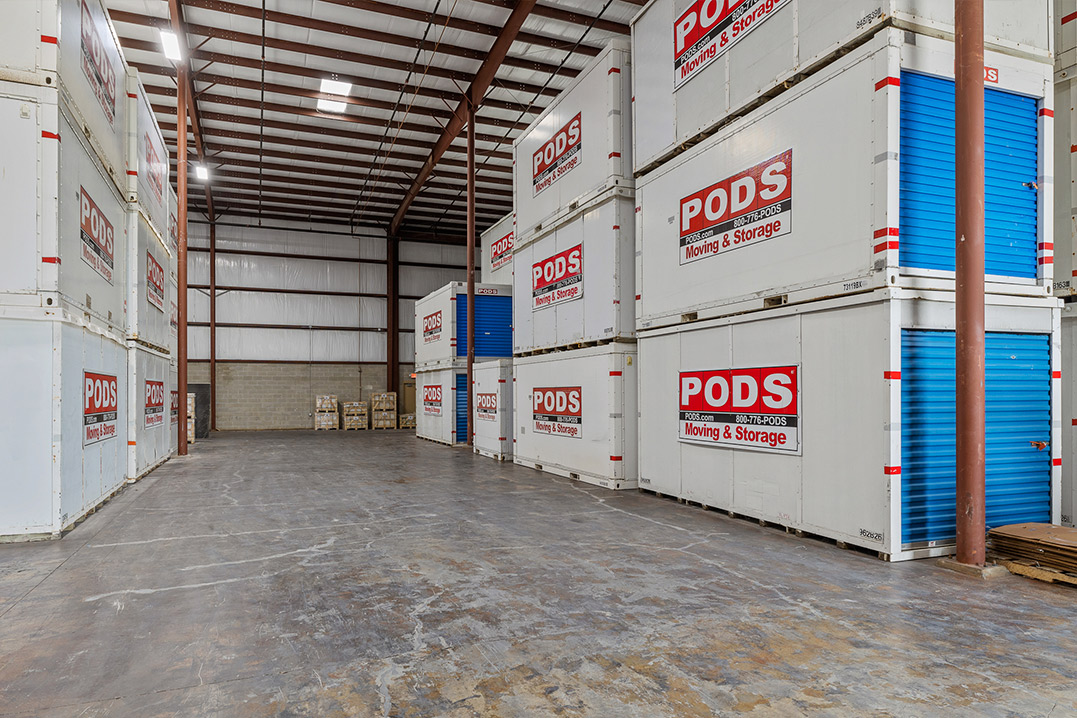
Choosing the right contract warehousing partner is a critical decision that can significantly impact your business’s efficiency, cost-effectiveness, and overall supply chain performance. Since contract warehousing involves a long-term agreement, it’s crucial to thoroughly evaluate potential providers to ensure they align with your business needs and operational goals.
- Experience and reputation: Look for a provider with a proven track record in your industry. Review client testimonials, case studies, and industry recognition to gauge reliability and performance.
- Technological capabilities: A modern contract warehouse should offer advanced inventory management systems (WMS), real-time tracking, automated reporting, and seamless integration with your enterprise resource planning (ERP) systems.
- Location and distribution network: Choosing a warehouse in a strategic location can significantly reduce transportation costs and delivery times. Proximity to key markets, suppliers, and major transportation hubs should be a priority.
- Service offerings and scalability: Assess whether the provider offers additional services such as order fulfillment, returns management, kitting, labeling, and quality control. Also, determine if they can scale operations up or down as your business grows or experiences seasonal demand fluctuations.
- Compliance and security measures: Ensure the warehouse complies with industry regulations, safety standards, and security protocols, particularly if handling sensitive or perishable goods.
- Transparent pricing and service level agreements (SLAs): A well-defined contract should include clear terms regarding costs, service expectations, performance metrics, and dispute resolution mechanisms.
By thoroughly evaluating these factors, businesses can form a strong partnership with a contract warehousing provider that enhances supply chain efficiency, reduces costs, and supports long-term growth.
Future Trends in Contract Warehousing
The landscape of contract warehousing is evolving rapidly due to technological advancements, shifting consumer expectations, and a growing emphasis on sustainability. Businesses that stay ahead of these trends will be better positioned to optimize their logistics operations and gain a competitive edge.
- Automation and AI: Robotics and artificial intelligence are revolutionizing warehouse operations by enhancing efficiency, reducing manual errors, and speeding up order fulfillment. Automated storage and retrieval systems (AS/RS) and AI-driven predictive analytics are helping warehouses optimize inventory levels and streamline logistics.
- Sustainability initiatives: With increasing pressure to adopt eco-friendly practices, many contract warehouses are implementing sustainable solutions. This includes energy-efficient lighting, solar-powered facilities, eco-friendly packaging, and optimized transportation routes to reduce carbon emissions.
- Omnichannel integration: As businesses expand their presence across multiple sales channels—including brick-and-mortar stores, e-commerce platforms, and marketplaces—contract warehouses are adapting to support omnichannel fulfillment. This ensures seamless inventory synchronization and faster order processing across different sales channels.
- On-demand warehousing: Businesses are increasingly seeking flexible warehousing solutions that allow them to adjust storage capacity as needed. On-demand warehousing platforms leverage digital marketplaces to match companies with available warehouse space, providing agility and cost-efficiency.
- Enhanced cybersecurity and data analytics: As warehouse management systems (WMS) and Internet of Things (IoT) technologies become more sophisticated, the need for cybersecurity measures is growing. Data-driven insights from smart sensors and real-time tracking tools are helping businesses make informed decisions, predict demand fluctuations, and reduce supply chain risks.
Optimize Your Supply Chain with CTC Distribution McAllen
Looking for a reliable, cost-effective, and scalable warehousing solution? CTC Distributing offers expert contract warehousing services tailored to your business needs. From inventory management to order fulfillment, we help streamline your logistics so you can focus on growth. Contact us today to learn more.
With over 40 years of experience, CTC Distributing is a trusted leader in McAllen and Edinburg for storage solutions. We offer the best storage solutions service.



